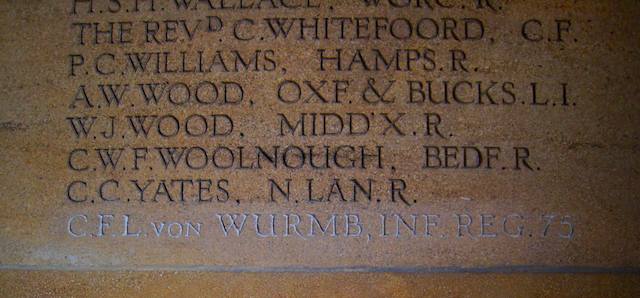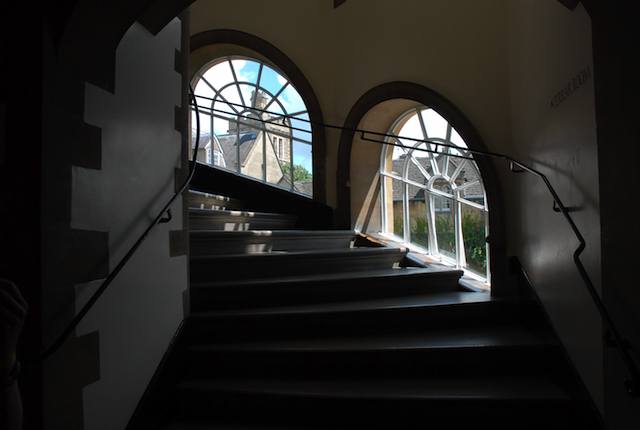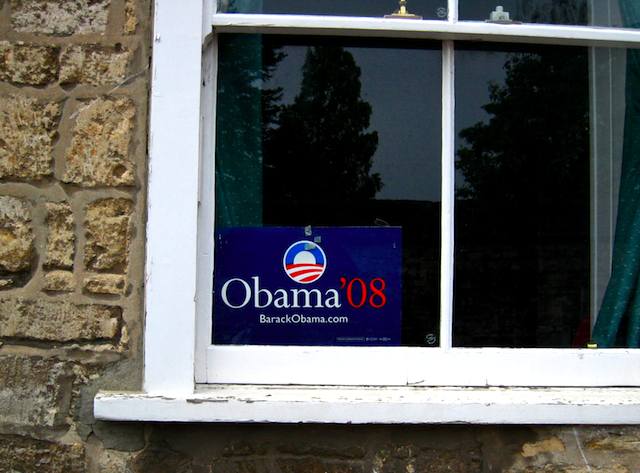Nice Observer piece by Nick Cohen.
When a governing party’s time is up, no one cares about the failings of the opposition. Ministers in John Major’s Tory administration used to bemoan the easy ride the media gave New Labour. Now it is Labour ministers’ turn to stare with disbelieving eyes at the free pass we give the Conservatives.
Scandals which would once have led the news – the Tory energy spokesman’s links to Vitol, an oil company which cut deals with Saddam Hussein and Slobodan Milosevic; the Conservative peers who still talk about ‘niggers in the woodpile’ – are passed over with an embarrassed cough. I know from the experience of writing critical pieces about the Blairites in 1997 that when the national mood swings, few readers want to hear about the faults of the government in waiting.
Like Tony Blair, David Cameron has ‘decontaminated’ his brand and turned the once burning hatred of the Conservative party into desultory emotion – more of a habit rather than a passion. The first aim of the British centre-left is no longer to stop the Tories at any cost.
But in one area Cameron has been more than happy to keep his brand toxic. When he enters Downing Street, Britain will be alone in the world, with few friends and fewer allies. It is only a touch hyperbolic to say that in two years’ time we won’t have a foreign policy…
He’s right. Cameron has a good bedside manner, but that’s about it. We have a government that is in free fall. And an electorate that’s bored. And a major recession on the way.
Armando Iannucci has Cameron nailed, btw. Here’s an excerpt from an imagined conversation between Dave and his good friend Barack:
Continuing our series of exchanges between two pre-eminent figures on the international scene, we are delighted to host a discussion between Barack Obama and David Cameron.
David Cameron: Mr Presumed President, it’s delightful to meet you at last.
Barack Obama: I know it is. As I travel this great world of ours, from the high plains of Montana to the deepest fjords of Denmark, from the small villages struggling to buy a first dishwasher in southern Spain to the magnificent rolling autobahns of Germany, I’m met with a humbling sense of how delighted people are to meet me and to share in my simple story of a simple, humble man who can bring change to my country and to the world and to the rest of history forever.
Cameron: Yes and I can identify with that humbling humility, too. You see, I also share your burden of having the hopes and dreams of a nation stuck on his shoulders. I, too, travel the great land I call my country and as I cross the vast central plains of Shropshire and Wiltshire, from the deep, rolling streets of Twickenham to the vistas of uncontrolled housing schemes in Sunderland, I also hear the call of a sick nation praying for medicinal change.
Obama: That’s great.
Cameron: I know. It feels good. But the fundamental question we both have to address is: what should we actually do once we get into office?
Obama: Exactly. You know, I come from a background that is magnificent testimony to this great nation of mine. A child of a Kenyan father and a mother from Kansas, we can all be proud of the path I’ve trodden to come through to this, the greatest moment in the history of civilisation when I eventually take the oath of office.
Cameron: Yes and similarly I too am from an exciting mongrel mix of cultures and values. Born of a mother from Kent and with a friend from Hull, I share and sniff the sense of wounded anger that blights this broken society I come from. So, as I say, what should we do about it?
Obama: Listen to the deep well of yearning within the hearts of the people. For example, what does your friend in Hull think you should do?
Cameron: Well, he was born in Hull, but he doesn’t live there any more. I think he owns some of it, though. But what I really want to know is: what would you do?



